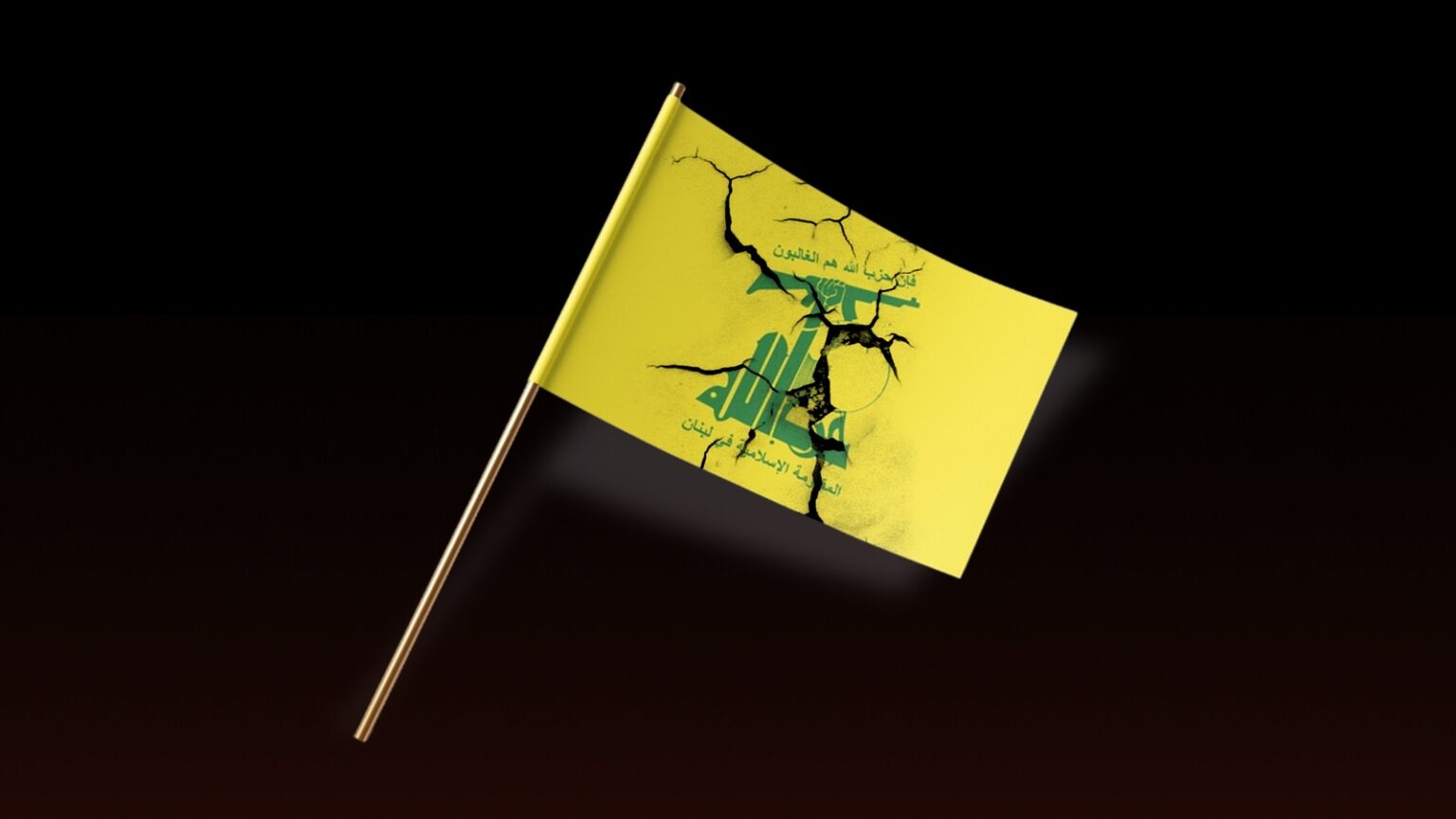For months, the staff at Rafik Hariri University Hospital had been preparing for the worst. Nurses conducted drills in parking garages, practicing how to transfer patients from the wards to bombproof concrete shelters. A building on the hospital grounds was left vacant, intended as a refuge for medics to bring their families if mass bombings occurred, allowing them to focus without worrying for their loved ones’ safety.
On Friday night, those preparations paid off. Bombs rained down on Dahiya, the southern suburbs of Beirut, prompting residents to flee to the nearest safe haven—the hospital. People crowded at the gates of Rafik Hariri Hospital, pleading to stay in the car park until the bombing ended. However, staff couldn’t let them in, as they needed to keep the area clear for the anticipated influx of wounded, expecting hundreds of casualties after airstrikes killed Hezbollah leader Hassan Nasrallah and leveled a city block. The residents waited outside, seeking safety near the hospital until the bombing slowed the next morning.
As the displaced moved on, the wounded began to arrive. Hospitals in Dahiya transferred patients to Rafik Hariri and other nearby medical centers after the Ministry of Health ordered evacuations in the southern suburbs. Contrary to expectations, the wounded from Friday’s strike trickled in, with the health ministry reporting 11 dead and 108 injured. The deep craters, where six buildings once stood, left search and rescue efforts difficult. Lebanon’s first responders, already accustomed to sifting through rubble from months of conflict, faced unprecedented destruction. The death toll continued to rise over the following days.
Despite surviving another crisis, hospital staff were weary after two weeks of non-stop emergencies. Few were optimistic, with fears of further escalation looming, including a possible Israeli ground invasion.
“We’re facing a major psychological challenge. There’s fear that basic supplies will be cut off, and if this continues, we may be completely isolated,” said Shoshana Mazraani, the emergency room director at Marjayoun Public Hospital in south Lebanon.
These concerns deepened as Israel ramped up its air campaign across Lebanon. On Saturday, in Shebaa, a town near the Lebanon-Israel border, residents’ phones rang with warnings from Israeli officials to evacuate immediately, as strikes were imminent. “They even told us which road to take,” said Mohammed Saab, the mayor of Shebaa. Just minutes after the calls, airstrikes began, destroying three homes.
Rumors of similar calls spread on social media, causing panic in other areas. Some claimed residents of a building in Baakline, housing displaced people, evacuated after receiving a call from the Israelis, though it later turned out to be hearsay.
In Beirut, streets were eerily empty, with Lebanese soldiers stationed at intersections. An Israeli drone hovered overhead, its buzzing occasionally sending residents out to their balconies to look for signs of smoke from strikes.
The official mourning period for Nasrallah didn’t begin until Monday, but disbelief lingered among some in the capital. “They say they killed Seyed Hassan Nasrallah, but 90% of people don’t believe it,” said Amir, a 24-year-old shop owner in Karkoun al-Druze, a mixed-sect neighborhood in Beirut. “If he comes back alive, things will get much worse for Israel.”
A mile away, media reported that rescue workers had recovered Nasrallah’s body, lifting his shrouded remains with a crane. Amir’s neighbor echoed the sentiment that Nasrallah’s death was a ruse to deceive the Israelis, who they felt were overconfident in considering a ground invasion.
“They can’t set foot in Lebanon. If 10 of them come, there will be hundreds of us,” Amir said, despite being Sunni, expressing his support for what he saw as Hezbollah’s defense of Lebanon.
Even with bravado, doubts remained over Lebanon’s preparedness for an Israeli invasion. “They said they were ready for a year, but look at what happened on Friday. No one expected it,” said Yusuf, a shop owner nearby. “I’m afraid it’ll be like 2006 all over again. Back then, food and supplies ran out quickly.”
In downtown Beirut, the lack of preparation was visible. Families displaced from Dahiya gathered under the sparse trees in a park, trying to shield themselves from the sun.
For some, the prospect of continued fighting—whether from Israeli missiles or Hezbollah retaliation—was devastating. Murshid Yusuf, whose wife had been killed in an Israeli airstrike in south Lebanon, expressed a simple wish. “I want the situation to improve. I want people to be home with their families, happy and safe. That’s all.”



